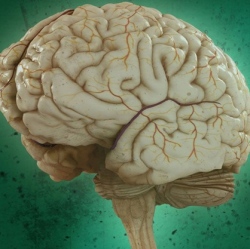
The results of a study, involving 29 cocaine addicts seeking treatment at a clinic, suggest that the magnetic stimulation treatment significantly reduced both cocaine use and cravings. Stefano (a drug user) says his desire for cocaine diminished dramatically after several sessions under the magnet.
“I can’t explain it,” he says. “It happened very quickly.” The findings are generating optimism among addiction researchers, because there are no effective drug treatments available for cocaine addicts. There is also a theoretical framework to explain why stimulating the brain with magnets might work.
The doctors in Italy tracked the therapy’s effects using urinalysis to see if addicts were using cocaine, as well as asking them to rate their cravings on a scale of 1 to 10. Of 16 who got the treatment, delivered in once-a-day sessions for five days and then once a week, 11 stayed sober compared to only three of 13 in an untreated group. “
Patient improvement is pretty strong,” says Antonello Bonci, scientific director of the intramural research program at the NIH’s National Institute on Drug Abuse and one of the authors of the study. It’s a “first step toward opening a neurobiological treatment for cocaine addiction,” says Bonci. “We have nothing so far to help treat cocaine addicts besides cognitive therapy and psychological support.”
Other scientists noted that the study was small and that the addicts knew whether they were receiving the treatment or in a control group. “You don’t want to get too excited about it, because it’s a very preliminary study,” says Rob Malenka, a Stanford University addiction researcher.
But Malenka called the attempt to treat addiction with transcranial magnetic stimulation a “logical extension” of the technology, which is becoming an accepted therapy for some types of hard-to-treat depression.
